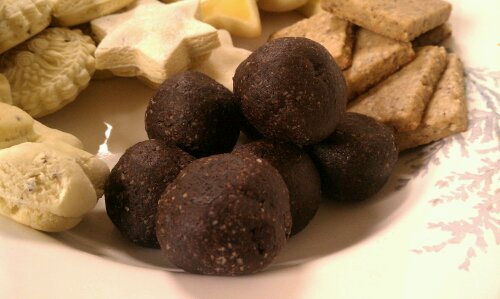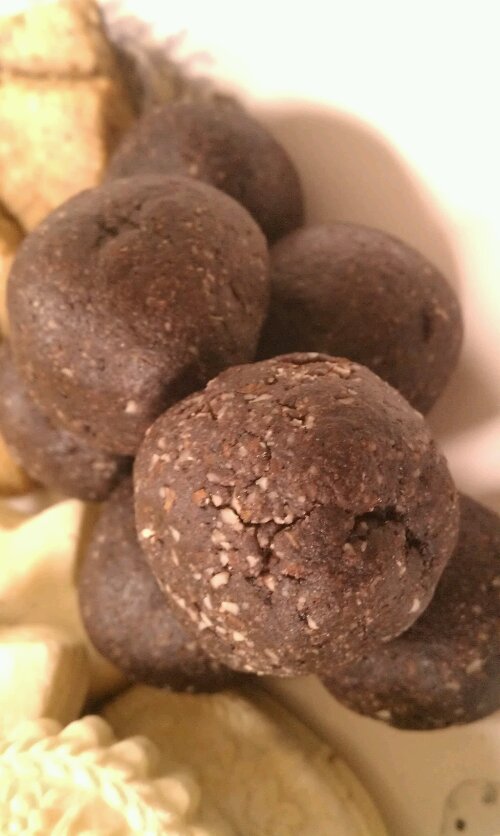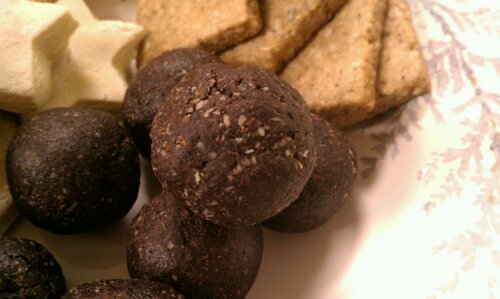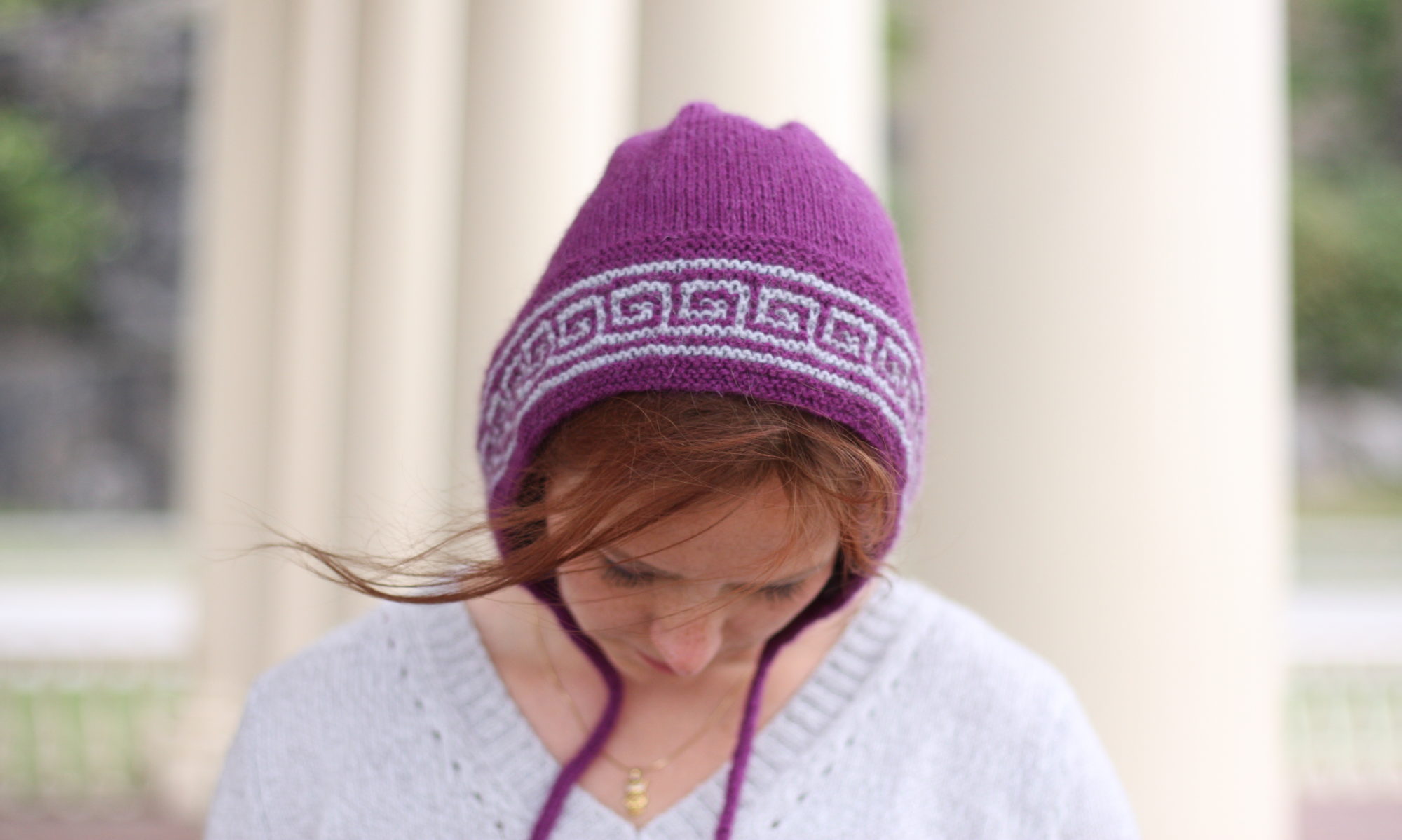
Basler Brunsli – ‘Basler Brownies’ – Swiss Christmas Cookies
Holidays are getting closer and no matter what your faith, we all like to celebrate and in line with that, prepare special foods and treats (Oh yeah!) We share meals and we share time with family and friends.
So does it come as a surprise that coming from Switzerland, I would have treats involving chocolate? Probably not. But maybe it will stun you to known that these contain absolutely no butter, (and no, I did not replace it with margarine or some other fake stuff), are gluten and even grain free, and that the only fat in them comes from the ground almonds (and cocoa)? How is that for a healthy treat? (Now that said, it still IS a treat, almonds though containing healthy fats, still are fatty)

A “Fähri” (small passenger ferry) setting across the Rhine opposite the Münster Cathedral in Basel
Basel, on the cross roads of Europe, has long been a center of trade from exotic spices and tea to more mundane items, and having a traditional cookie involving chocolate and other luxury goods, isn’t surprising. So here adapted for the american kitchen: Basler Brunsli
Did you know?
- “Dark chocolate”, also called “plain chocolate” or “black chocolate”, is produced by adding fat and sugar to cocoa. It is chocolate with zero or much less milk than milk chocolate. The U.S. has no official definition for dark chocolate but European rules specify a minimum of 35% cocoa solids.[2] Dark chocolate can be eaten as is, or used in cooking, for which thicker, more expensive baking bars with higher cocoa percentages ranging from 70% to 99% are sold. Dark is synonymous with semisweet, and extra dark with bittersweet, although the ratio of cocoa butter to solids may vary
- “Hershey process” milk chocolate is popular in North America. It was invented by Milton S. Hershey, founder of The Hershey Company, and can be produced more cheaply than other processes since it is less sensitive to the freshness of the milk. The process is a trade secret, but experts speculate that the milk is partially lipolyzed, producing butyric acid, which stabilizes the milk from further fermentation. This compound gives the product a particular sour, “tangy” taste, to which the American public has become accustomed, to the point that other manufacturers now simply add butyric acid to their milk chocolates.

Ingredients
- 1 1/4 cup sugar
- 2 1/2 c ground almonds/almond flour, unblanched
- 1/2 tsp cinnamon
- 2 tbsp tapioca starch (or cornstarch)
- 2 egg whites
- 3 1/2 oz extra dark or cooking chocolate, melted (use Lindt chocolate if available)
- 2 tbsp cocoa powder
- 1 tbsp Kirsch (optional; a clear Cherry Brandy)
Directions
- In a big bowl, mix the first four ingredients.
- Beat egg whites until stiff peaks form (being careful not to overwork, you can only do this once)
- Add to the bowl with the almond mixture. Carefully fold in the beaten egg whites.
- In the meantime, melt the chocolate: Break into smallish pieces and either melt in a double boiler with a tablespoon water or (and this is the easier way) place in a bowl, cover with warm water and microwave at 30 second increments until the chocolate is soft and molten, then carefully pour off the water and stir smooth. Let cool slightly (so as not to cook the egg whites) then mix into the ingredients in the bowl.
- Refrigerate overnight or at least for several hours to firm and chill the dough
- Roll out on sugar (or sugar mixed with ground almonds) to about 1/2″ to 1/4″ thick.
- Cut out shapes using your favorite cookie cutter, place on lined baking sheet and bake at 480°F for 4-6 minutes (mine were perfect at 5) (if you bake them too long, they will get rock solid when cold)

Check out the post on more Swiss Christmas Cookies to try other varieties
Copyright © 2011 Simple Healthy Homemade. All rights reserved








